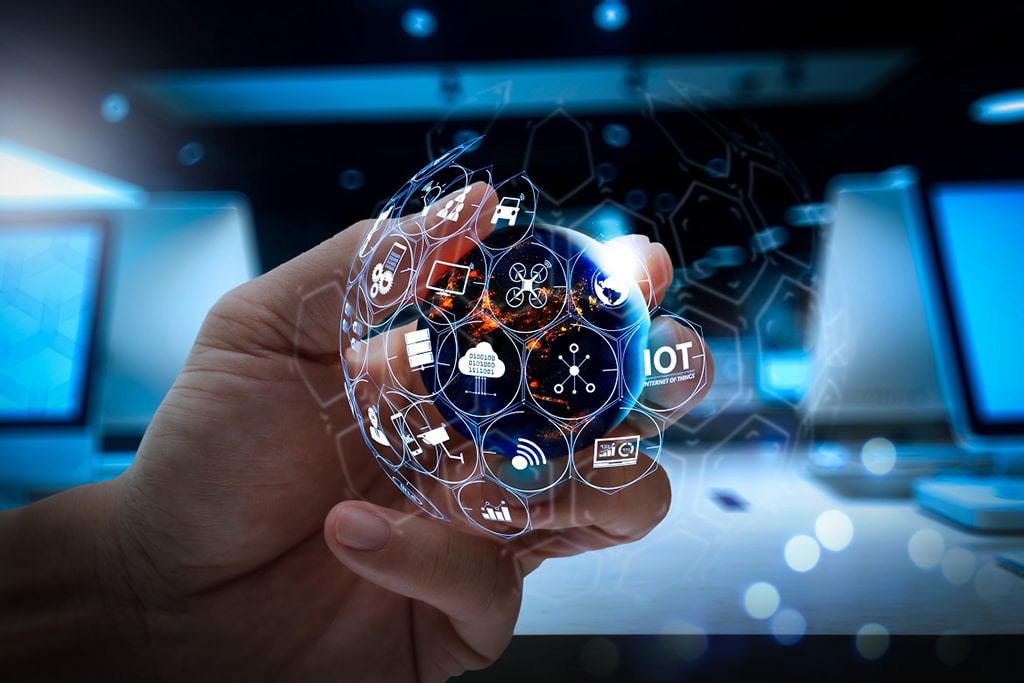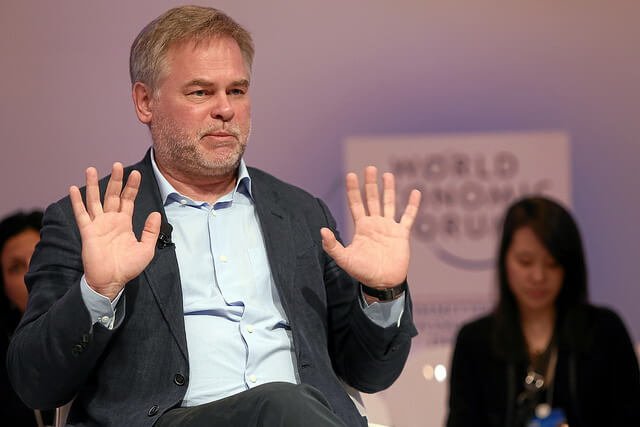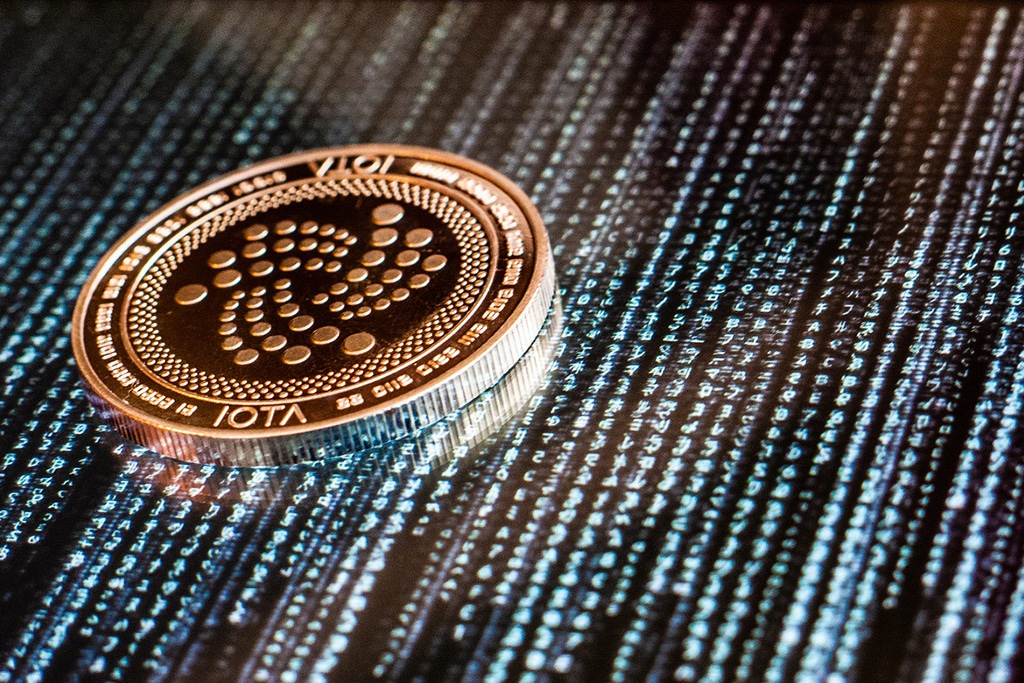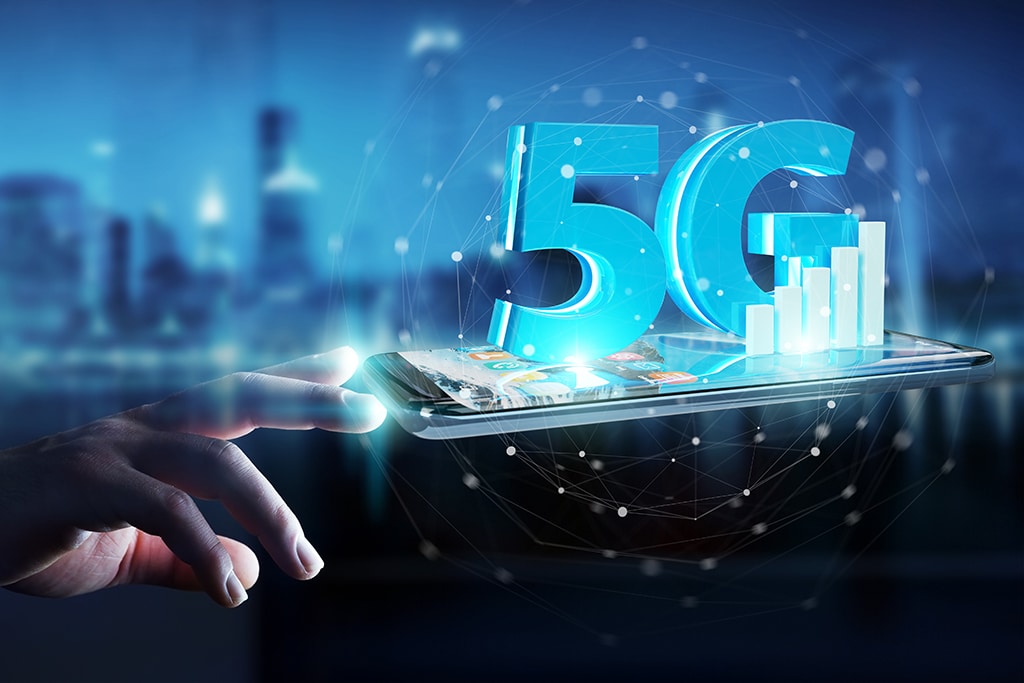
One of the world’s most famous cyber security experts, Eugene Kaspersky, warned the users of IoT devices about the possible threats of hacker attacks.
Eugene Kaspersky, the founder of the cybersecurity company Kaspersky Lab, warned about the potential threats and dangers of using the Internet of Things.
Speaking to NBCNews, Kaspersky unveiled his concerns that the spread of connected devices in the near future could pose serious risks of attacks by cyber criminals.
We observe the rising number of internet connected gadgets, including coffee machines, smart TVs, vacuum cleaners and smart watches. Each new connection creates more possible scenarios for attacks.
“You call it internet of things, I call it internet of threats,” Kaspersky said.
With the steady growth of IoT appliances, it is difficult to predict which kind of method the hackers will use to access people’s devices.
By getting an access to your smart watches, the cyber criminals can obtain your private information, including medical data. On smart TVs, they can display various messages about making a payment. By attacking smart phones, the criminals can get profit from online banking.
A large number of devices can provide criminals with such information as presence and absence patterns, which can be utilized for burglary. Besides, the increased density of IoT devices creates opportunities for data theft from the inside.
Despite the rising security concerns, the global adoption of IoT gadgets continues showing steady growth. It is predicted that by 2020, there will be billions of connected devices that will bring over $8 trillion in revenues.
According to a recent study, conducted by Harbor Research, 75% of developers believe the IoT is going to bring positive results, while 45% are currently working on IoT initiatives.
Besides, the survey of 675 applicants discovered that only 50% of developers have the necessary technological instruments and skills to work on IoT initiatives, while 30% are feeling overwhelmed by the expectations. Among the main issues, mentioned by the applicants are problems with management and data overload.
“Data management and information management models are required for this market opportunity to flourish,” the authors of the report stated. “Systems need to be designed to accommodate and provide interoperability between existing machine-to-machine systems, different device manufacturers, and pre-existing service providers.”
The report also said that the biggest challenge is providing seamless interoperability between IoT devices. Java was recognized as the best development platform, garnering 55% from respondents. In terms of operating systems, Android accounted for 29% of all votes, whilst Windows polled 24%.
“Device data management systems need to mature rapidly,” the report read. “A new generation of data services will be required to meet data volume, velocity, complexity and overall management challenges, providing real-time analytics, closed-loop control, and local systems collaboration.”


